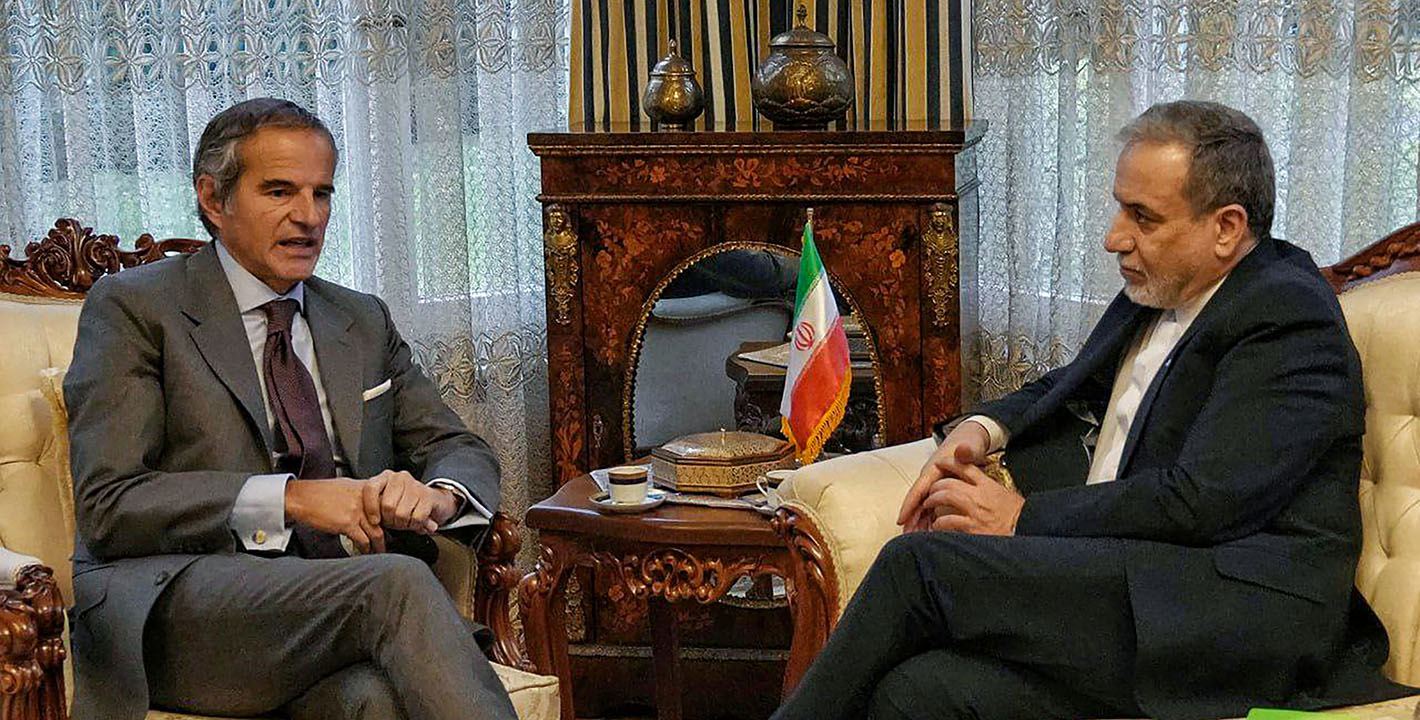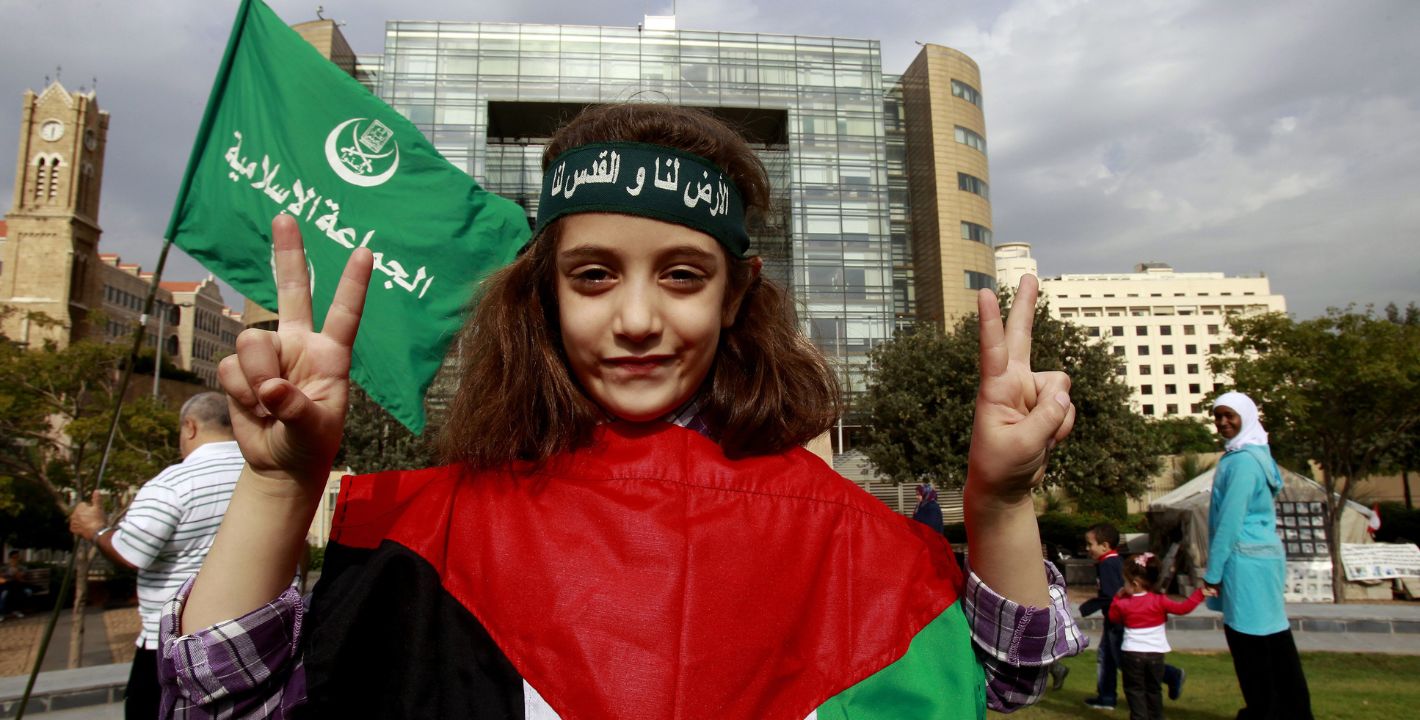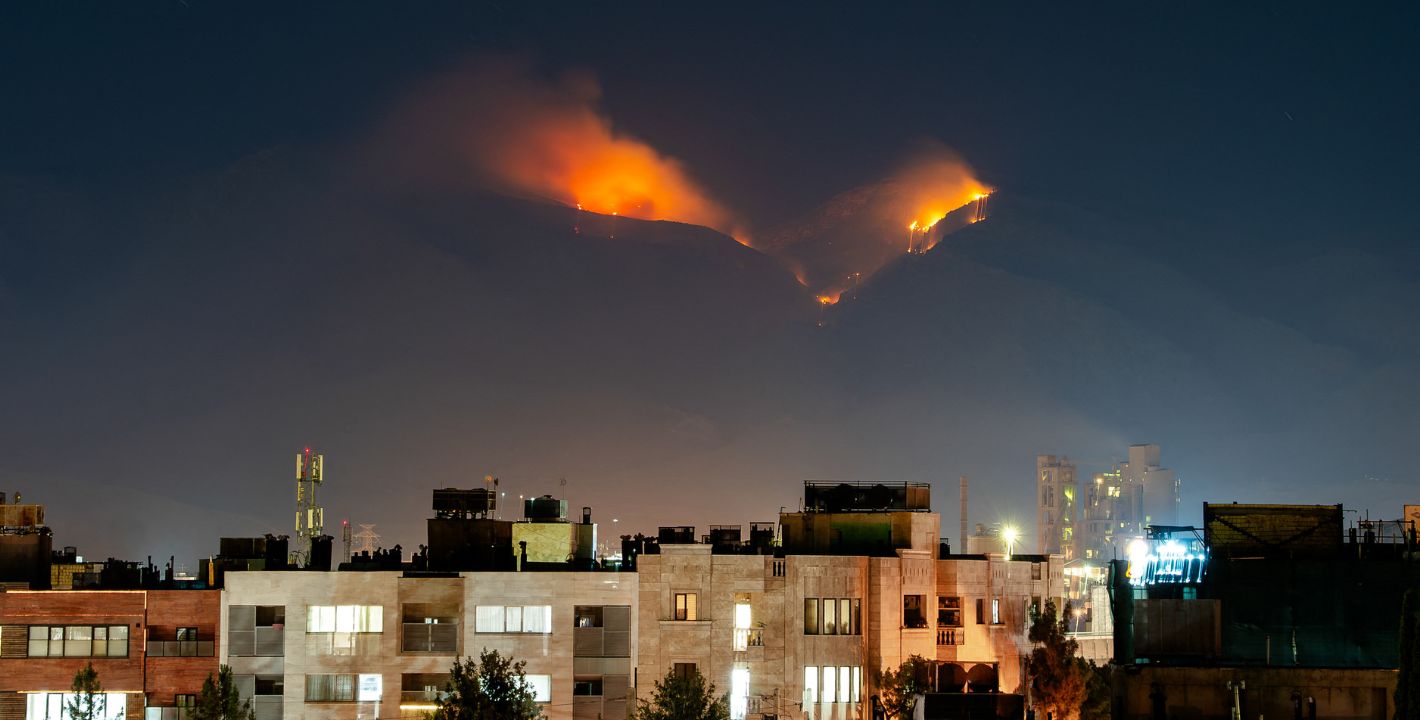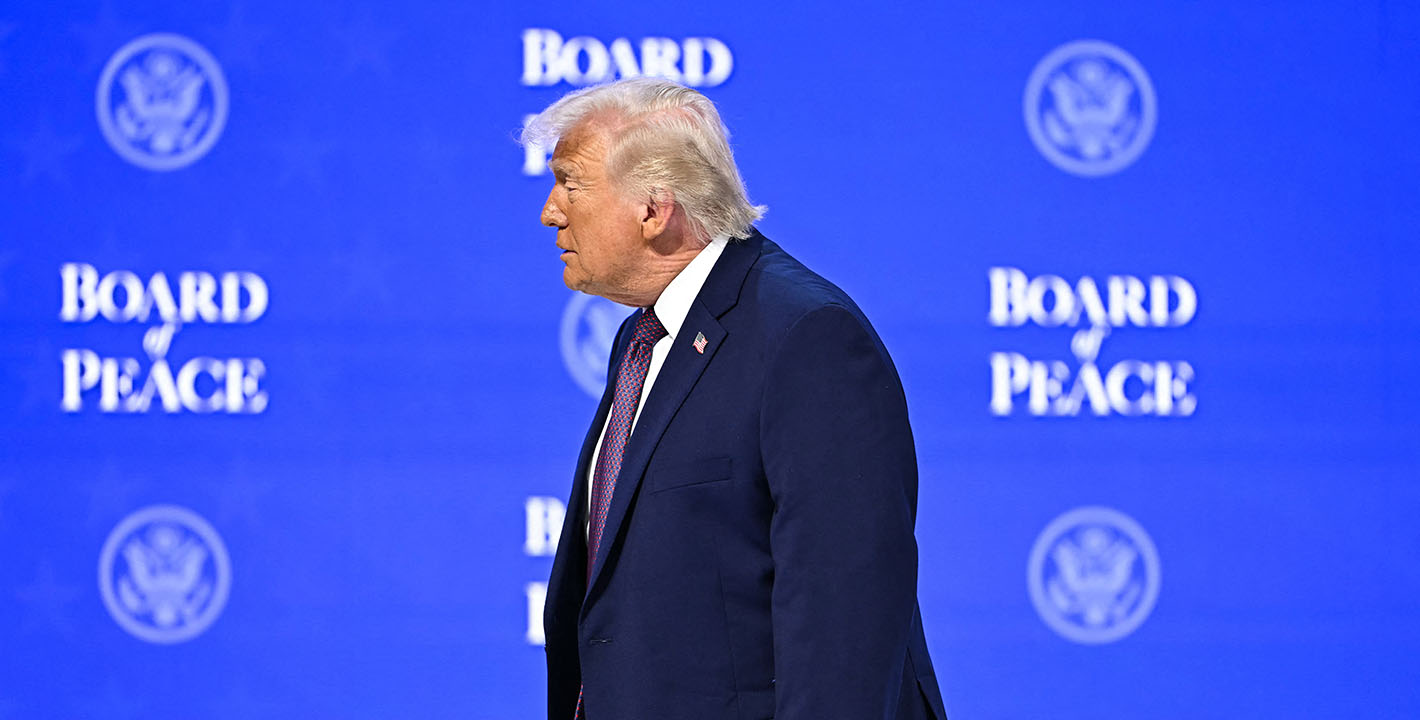Michael Young
{
"authors": [
"Michael Young"
],
"type": "commentary",
"blog": "Diwan",
"centerAffiliationAll": "dc",
"centers": [
"Carnegie Endowment for International Peace",
"Malcolm H. Kerr Carnegie Middle East Center"
],
"collections": [
"Inquiring Minds"
],
"englishNewsletterAll": "menaTransitions",
"nonEnglishNewsletterAll": "",
"primaryCenter": "Malcolm H. Kerr Carnegie Middle East Center",
"programAffiliation": "MEP",
"programs": [
"Middle East"
],
"projects": [],
"regions": [
"Türkiye",
"Gulf",
"Saudi Arabia",
"Middle East",
"Qatar",
"North America",
"United States"
],
"topics": [
"Political Reform"
]
}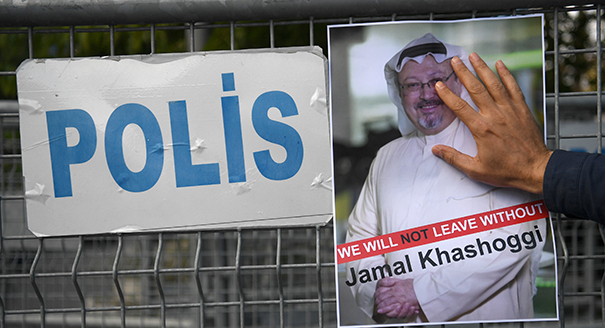
Source: Getty
What Was the Strongest Message in Jamal Khashoggi’s Disappearance?
A regular survey of experts on matters relating to Middle Eastern and North African politics and security.
Sherif Mansour | Middle East and North Africa program coordinator at the Committee to Protect Journalists
The strongest and most chilling message here was that no one is safe from Saudi Arabia’s brutal reach. The worst fear is that we will never find out what happened to Jamal Khashoggi. This is not a mystery. We have motive. We have circumstantial evidence. If this had been an episode of the television show CSI: Crime Scene Investigation, it wouldn’t have lasted five seconds. If we don’t have a full account of what happened to him, it means that he possibly paid the ultimate price for speaking up and the Saudi government succeed in getting away with it. The Saudi authorities have disappeared and jailed at least sixteen journalists within their border since Crown Prince Mohammed bin Salman rose to power, according to the Committee to Protect Journalists’ most recent estimate. Those journalists depended on Khashoggi to tell their stories. It is up to us now to tell his story and make sure the risks he took on those journalists’ behalf were not in vain.
Karen Young | Resident scholar at the American Enterprise Institute, focusing on the political economy of the Middle East, the Gulf Cooperation Council, and the Arabian Peninsula
The strongest message it sends is that no one is in charge when it comes to Saudi Arabia and the broader Middle East. We have a crisis of strongmen and weak leaders, from the Middle East to the United States.
Jamal Khashoggi’s disappearance has made it very clear that not only are governments in the Middle East inept, but that the United States has no moral authority, offers poor leadership, and has very little leverage to sway the behavior of its regional partners. And we can’t trust anyone. There is an agenda in every piece of information we learn about Khashoggi’s story. Was he launching a Muslim Brotherhood-fueled democratization movement that would have threatened stability in the region? Was he a pawn in the ambitions of Turkey and Qatar to slander Saudi Arabia? Was he the victim of a ruthless, megalomaniac prince who destroyed his own legacy before it took shape? Did he simply know too much about the past of his country, one that is desperately trying to reinvent itself? We may never know. The message from the media coverage and the government reactions is confused. It feels that we are in an era in which there is little solid authority, no firm ground, no leadership.
Kristian Coates Ulrichsen | Fellow for the Middle East at Rice University’s Baker Institute for Public Policy
By sending a snatch team to Istanbul to return Jamal Khashoggi to Saudi Arabia on the pretext that he faced charges connected with the anti-corruption campaign launched in 2017, Crown Prince Mohammed bin Salman sought to simultaneously send multiple messages to different constituencies. Vision 2030 had been faltering and reports suggested the crown prince had intervened personally to prevent high-profile figures from transferring assets abroad. Under pressure to deliver results, the team around him would have been aware that Khashoggi had the platform to undermine the credibility of the crown prince’s agenda in Washington, where the Saudis had invested heavily to influence opinion. President Donald Trump’s attacks on journalists as “enemies of the people” may have engendered a sense of false optimism that the forcible return of a Saudi journalist to Saudi Arabia would not provoke a strong reaction, especially if a charge sheet could be produced to justify the snatch.
The weaknesses in the power structure Mohammed bin Salman has put in place were apparent at every stage of the planning and execution of Khashoggi’s seizure. The hot-headed nature of many of the crown prince’s acolytes meant that serious consideration likely was never given to the potential blowback of rendering a high-profile journalist and critic. Moreover, the legions of Saudi lobbyists and public relations groups in Washington, who could have predicted the backlash of abducting a popular member of the Beltway press corps, almost certainly were never consulted prior to the operation.
The centralization of the security apparatus in Mohammed bin Salman’s hands over the past twelve months may also have ensured that the team assembled to carry out the operation was chosen on the basis of personal connections and loyalty to the Royal Court, not a consideration of actual skill and expertise.
Once the snatch and grab operation went irreversibly wrong and Khashoggi was killed, and then could not be shown to the world, the lack of forward thinking contributed to the failure to produce a coherent or credible Saudi version of events. The message that was intended to have been sent was that Mohammed bin Salman remained firmly in charge in Saudi Arabia, was committed to implementing his economic reform program and combating the vested interests of the old Saudi guard, and that critics anywhere in the world would be considered fair game for the authorities. Instead, the operation’s failure projected weakness and reinforced a growing perception that the crown prince is reckless, that Saudi policymaking under him has become inept, and that members of his inner circle are dangerously volatile.
Jen Psaki | Vice president for communications and strategy at the Carnegie Endowment for International Peace, Washington, D.C.
The disappearance of Jamal Khashoggi at the Saudi Consulate in Istanbul points to a deeply troubling trend: the increased targeting of journalists and dissenters by foreign governments, without the risk of real consequences.
Just a year ago, the rise of Saudi Crown Prince Mohammed bin Salman prompted a quick string of glowing pieces in Western media about his plans for reforms that would make Saudi Arabia more open, including more tolerant of journalists and dissenters. It has become abundantly clear that this expectation was premature. And the absence of a check from the United States is in part to blame.
Human rights and freedom of speech, including in the treatment of members of the media, have long been on the list of issues for U.S. diplomats to raise with their Saudi Arabia counterparts. But even before the Trump administration this was done quietly, if at all, given the important military-to-military relationship between the two countries. And now the focus on human rights has decreased even further with President Donald Trump regularly attacking the legitimacy of media in the United States and going so far as to defend the Saudi government, despite growing evidence to the contrary, suggesting that “rogue killers” were to blame for Khashoggi’s disappearance. While there have been some calls by members of the U.S. Congress for action, the Saudi government knew Trump would not drive the global community to take action. They were right.
If there is going to be pressure on Saudi Arabia to come forward with details on the Khashoggi affair, there will need to be another country leading the charge. Otherwise there will be no consequences, and possibly more disappearances.
About the Author

Editor, Diwan, Senior Editor, Malcolm H. Kerr Carnegie Middle East Center
Michael Young is the editor of Diwan and a senior editor at the Malcolm H. Kerr Carnegie Middle East Center.
- Axis of Resistance or Suicide?Commentary
- Iran and the New Geopolitical MomentCommentary
Michael Young
Recent Work
Carnegie does not take institutional positions on public policy issues; the views represented herein are those of the author(s) and do not necessarily reflect the views of Carnegie, its staff, or its trustees.
More Work from Diwan
- Axis of Resistance or Suicide?Commentary
As Iran defends its interests in the region and its regime’s survival, it may push Hezbollah into the abyss.
Michael Young
- U.S. Aims in Iran Extend Beyond Nuclear IssuesCommentary
Because of this, the costs and risks of an attack merit far more public scrutiny than they are receiving.
Nicole Grajewski
- The Jamaa al-Islamiyya at a CrossroadsCommentary
The organization is under U.S. sanctions, caught between a need to change and a refusal to do so.
Mohamad Fawaz
- Iran and the New Geopolitical MomentCommentary
A coalition of states is seeking to avert a U.S. attack, and Israel is in the forefront of their mind.
Michael Young
- All or Nothing in GazaCommentary
Implementing Phase 2 of Trump’s plan for the territory only makes sense if all in Phase 1 is implemented.
Yezid Sayigh


